The United States is ramping up pressure on Cuba’s medical outreach missions, revoking visas from officials in Brazil, Africa and the Caribbean who worked with Havana’s programme that sends doctors abroad. Washington has long slammed the initiative as “forced labour.”
Two Brazilian health officials, Mozart Julio Tabosa Sales and Alberto Kleiman, were named by the State Department for their role in Mais Medicos — or “More Doctors” — a programme launched in 2013 to bring Cuban doctors into underserved areas.
US Secretary of State Marco Rubio said the sanctions were aimed at those “involved in abetting the Cuban regime’s coercive labour export scheme,” which he argued “enriches the corrupt Cuban regime and deprives the Cuban people of essential medical care.”
He added that visa restrictions would also hit African officials, without naming countries, and officials from Grenada.
Cuba, unsurprisingly, pushed back. Johana Tablada, Havana’s deputy director for US affairs, said Washington’s move won’t stop the island’s decades-long tradition of medical solidarity.
“[Rubio’s] priorities speak volumes: financing Israel genocide on Palestine, torturing Cuba, going after health care services for those who need them most,” she posted on X.
For Cuba, these missions are a lifeline — both diplomatically and financially. Since the 1960s, tens of thousands of Cuban doctors have worked abroad, providing free or low-cost care in developing countries. But Havana also charges wealthier governments for the service, making the missions one of the country’s biggest sources of hard currency.
Brazilian Health Minister Alexandre Padilha called the US action “unreasonable attacks” and said his government wouldn’t back down.
Mais Medicos was scrapped in 2018 after then-President-elect Jair Bolsonaro questioned the terms of the deal and the Cuban doctors’ qualifications.
Now, the issue is straining relations between Washington and Brazil’s current government under Luiz Inacio Lula da Silva. Tensions were already high after US sanctions tied to Bolsonaro’s alleged coup plot.
The Trump administration, back in power, has returned to its “maximum pressure” stance on Cuba. Last year, the island couldn’t even afford $300 million to import ingredients for essential medicines. Trump has since slapped sanctions on Cuban President Miguel Diaz-Canel and senior officials for their “role in the Cuban regime’s brutality toward the Cuban people.”
Rubio insists the model exploits doctors: “Medical professionals are ‘rented’ by other countries at high prices,” he said, “but most of the revenue is kept by the Cuban authorities.”
Still, for Havana, the programme is both survival and strategy. After Venezuela’s Hugo Chávez came to power, Cuba sent medical brigades there in exchange for cheap oil, expanding the model later to South Africa, Ecuador, Brazil and even Qatar.
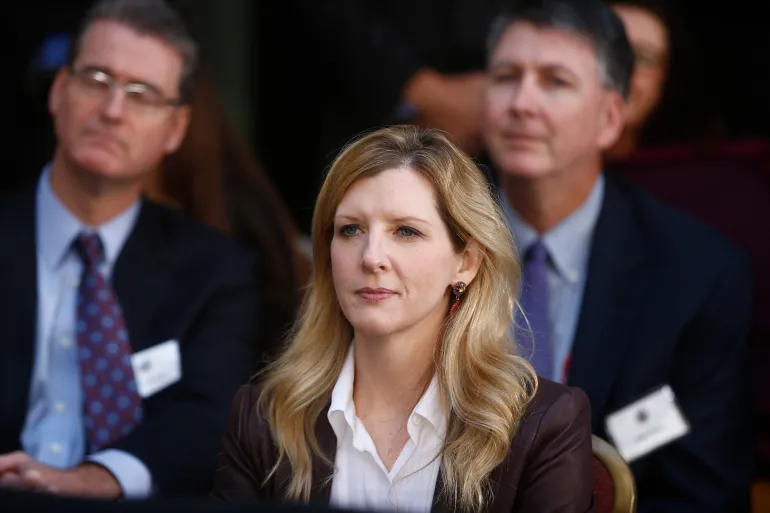
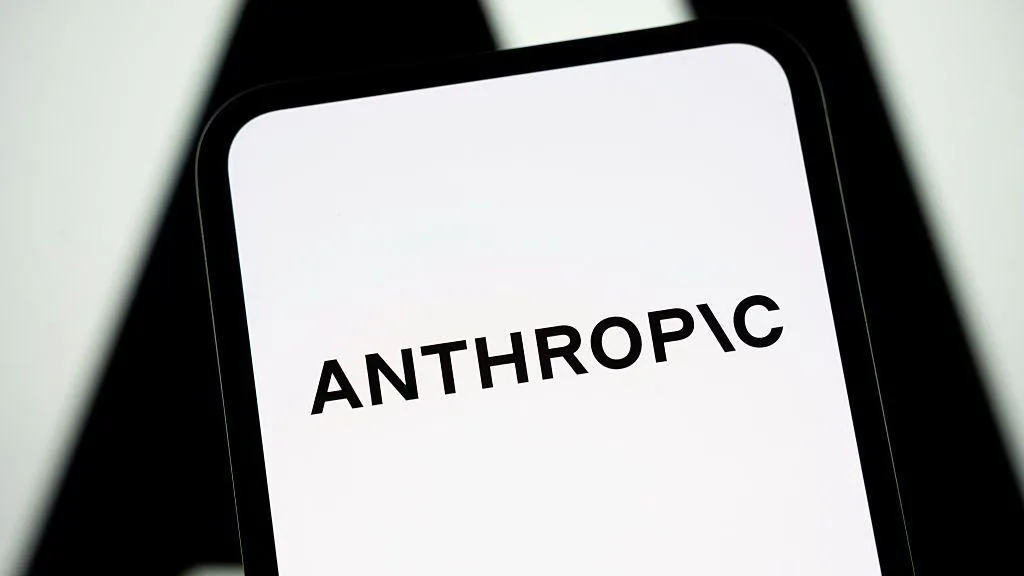
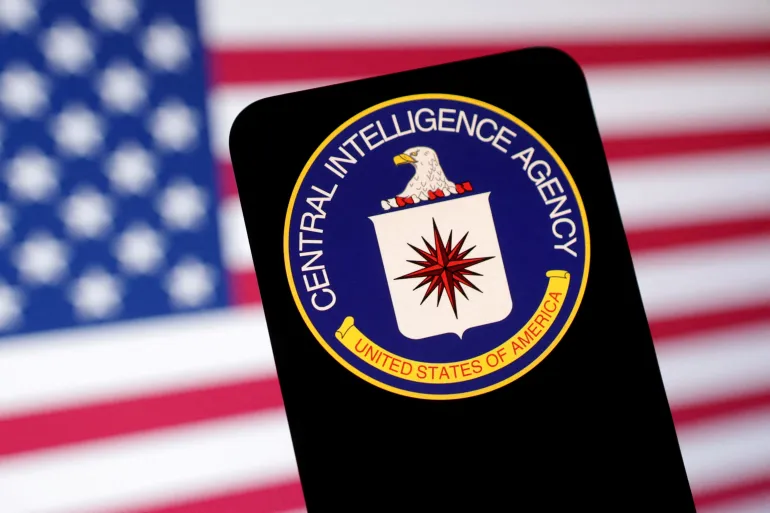
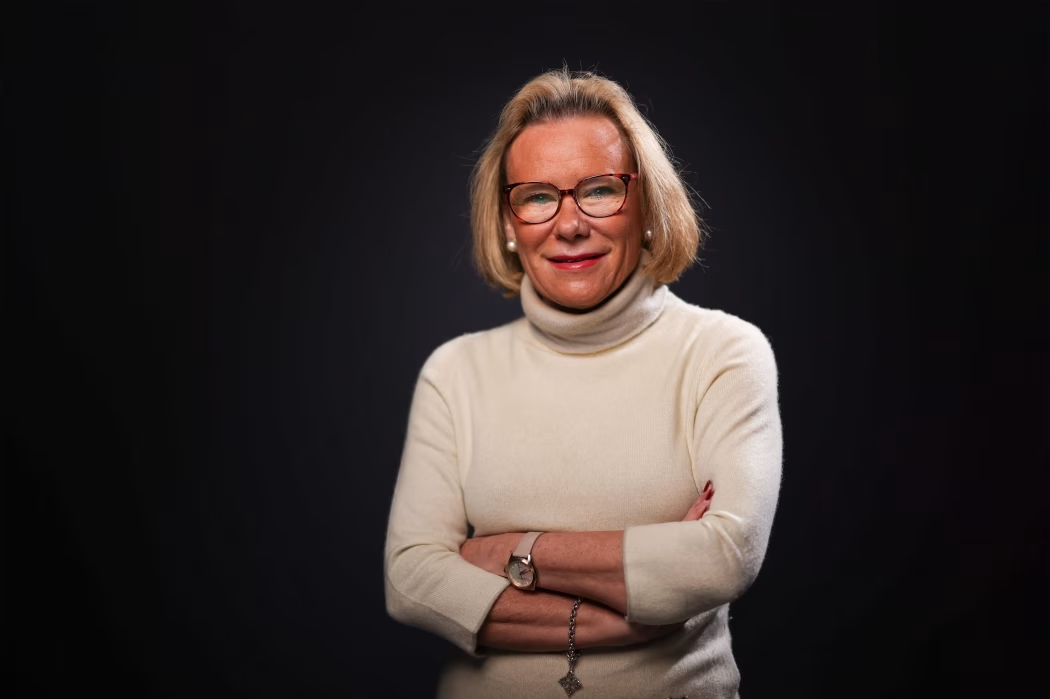
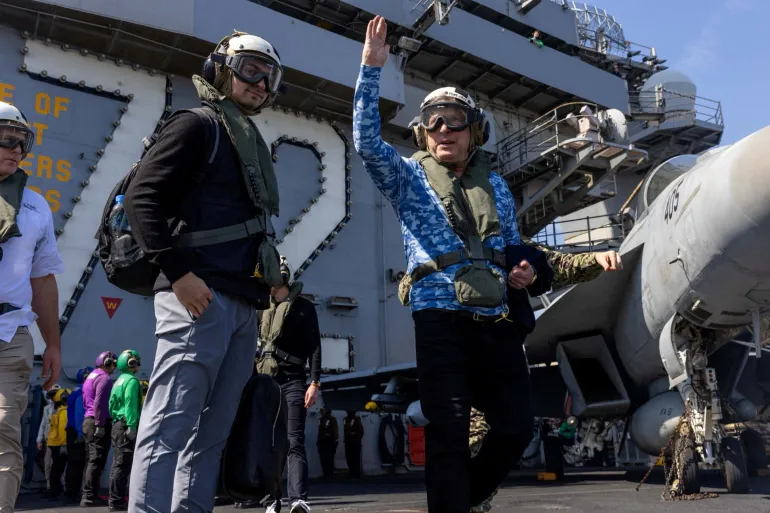
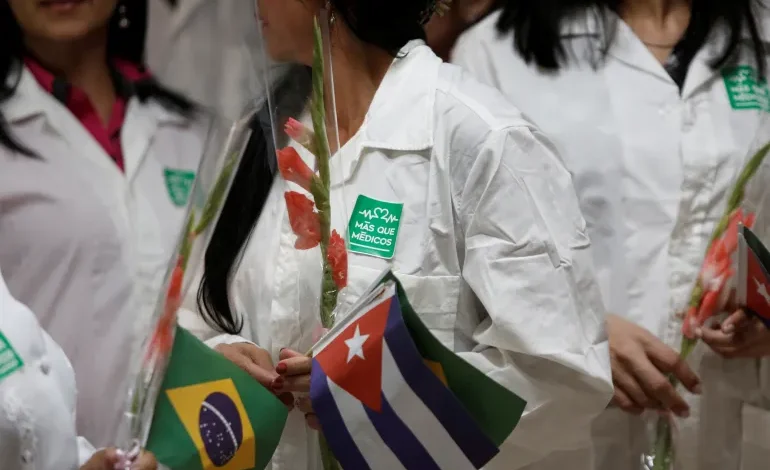




The latest news in your social feeds
Subscribe to our social media platforms to stay tuned